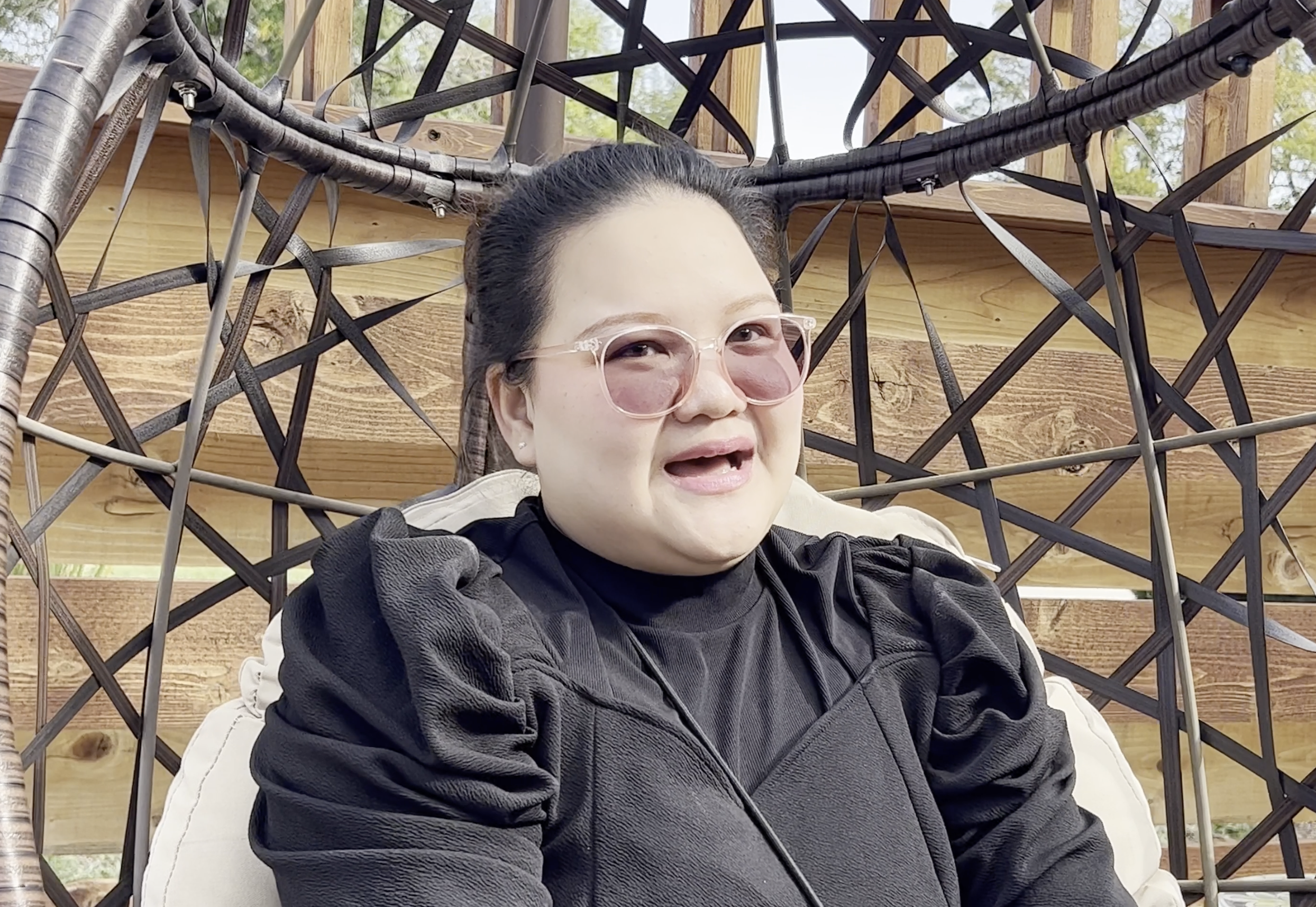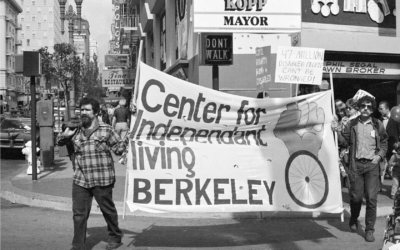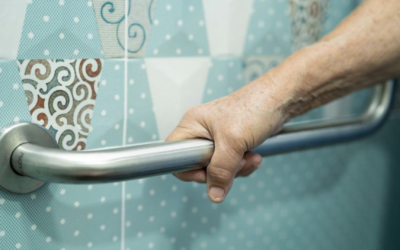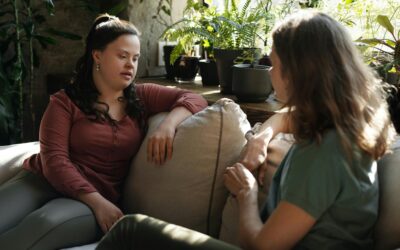Center for People With Disabilities (CPWD) was privileged and happy to host Mind Prawatsrichai, a person with a disability as a visiting participant from Thailand. In Bangkok, Mind works as a TV host presenting and sharing about the lives of people with disabilities in her country in a positive way, as an effort to reduce long-held discrimination against and judgement for people with disabilities.
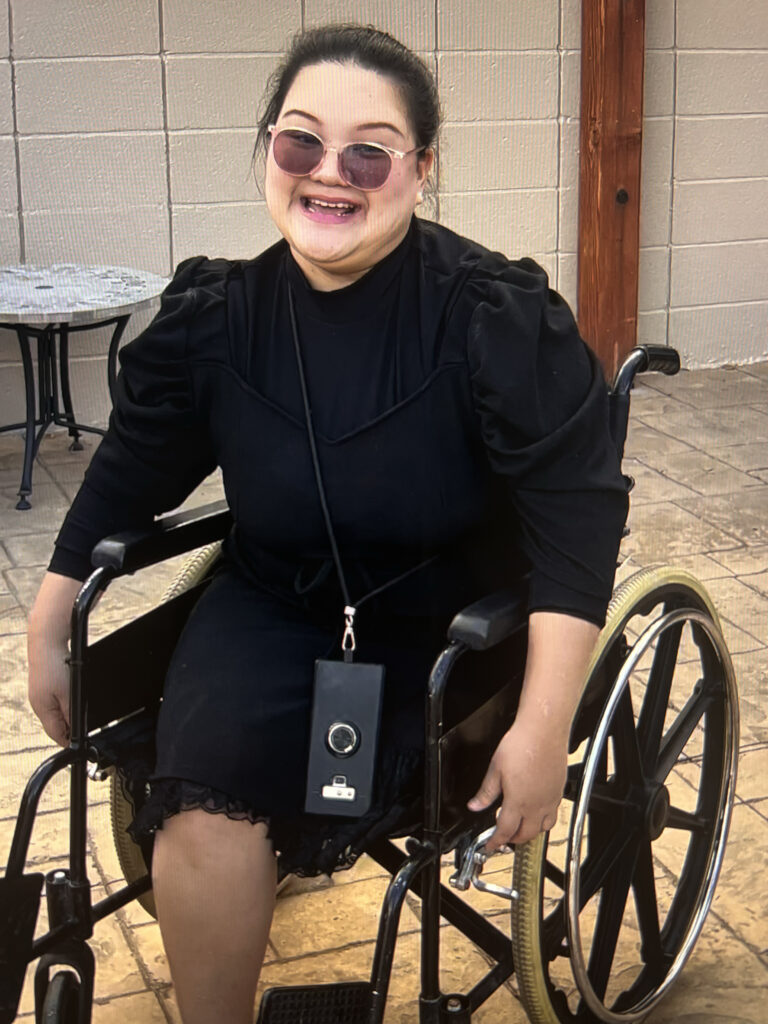
Image description: Mind Prawatsrichai sits in her wheelchair, smiling at the camera. She wears a black dress and sunglasses. Her black hair is pulled back. She sits in an outdoor courtyard.
“We share these positive stories with a national audience to help overcome the social stigma surrounding disabilities, to expand awareness and increase acceptance,” she said.
Mind and Thailand are not alone. In fact, the U.S. is one of the most progressive countries when it comes to the acceptance of people with disabilities and the availability of social support programs. Outside the U.S. Centers for Independent Living (watch: What is a CIL) are rare to non-existent. CPWD periodically hosts international visitors and travels to other countries to share about Independent Living and ways to provide supported independence for people with disabilities.
Mind was awarded a professional fellowship that allowed her to come to the U.S. and CPWD to learn more about ways to promote and support Independent Living. “I wanted to see how the U.S. treats people with disabilities and learn about possible ways to bring some of the equity and access available in the U.S. back home,” she said.
Mind shared that here in the U.S. and in Boulder, as a wheelchair user, she feels like she can go everywhere and anywhere, that the level of accessibility is high. On the other hand, in Bangkok, she has limited to no access to public and private places. “If I want to go to a concert, I need four people to carry me up two flights of stairs, which can be challenging and risky,” she explained.
Mind plans to take what she has witnessed, experienced, and learned on her visit here back home as information and inspiration to share. “If we can increase accessibility and equity in Thailand, then people with disabilities will have the resources to show that they are capable of living independently and contributing to society,” she said. “This would go a long way to reduce the stigmatization and discrimination of people with disabilities. And for people with disabilities living in Thailand, I think some of them couldn’t even imagine a world that has the accessibility and equity found here. Sharing about my experience could be a way to inspire them and give them hope for change.”
CPWD is grateful to have been able to share with and get to know Mind. We appreciate the cross-cultural experience and how we learn from each other. As we continue to advocate for equality, accessibility and equity, it’s important to remember that not only do we need to work for these values here at home, but that we have brothers and sisters all over the world who deserve to live with dignity and independence.
Watch this short video interview with Mind about her experience in the United States!


